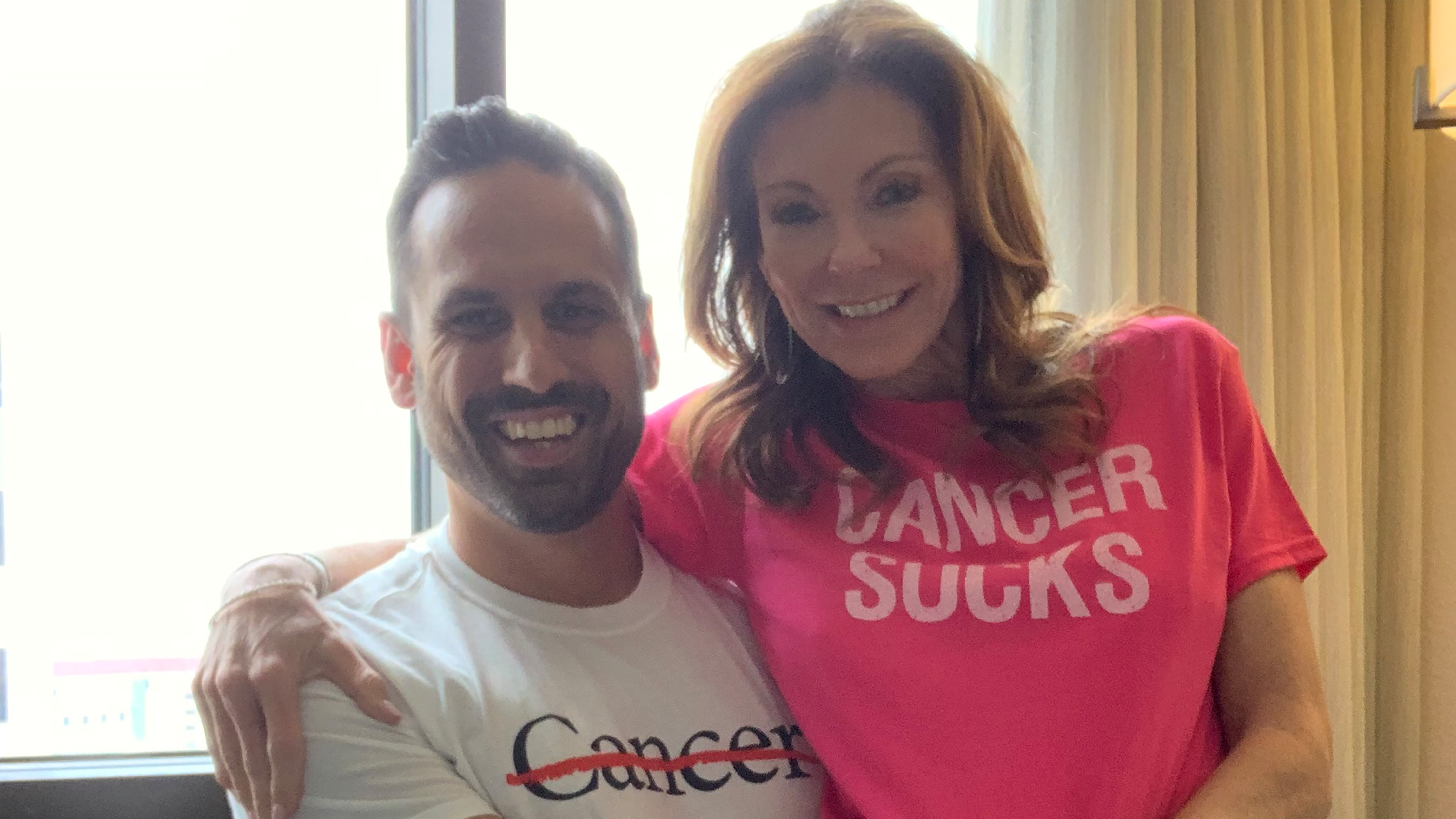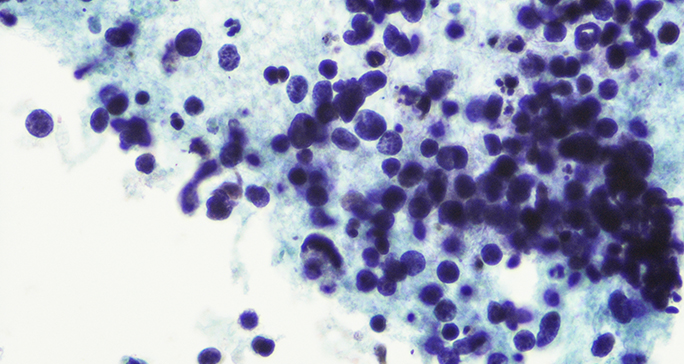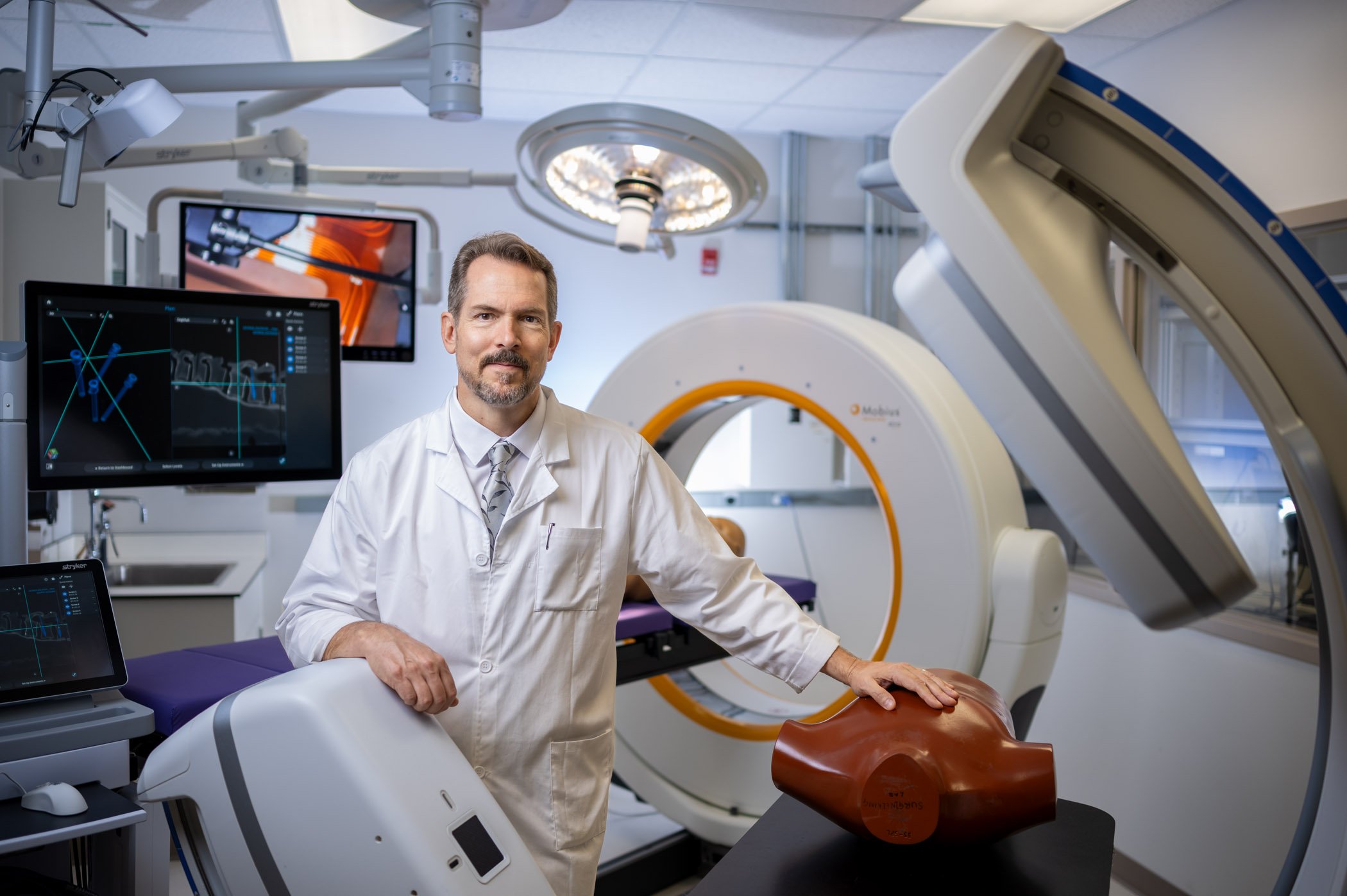- Diseases
- Acoustic Neuroma (14)
- Adrenal Gland Tumor (24)
- Anal Cancer (66)
- Anemia (2)
- Appendix Cancer (16)
- Bile Duct Cancer (28)
- Bladder Cancer (68)
- Brain Metastases (28)
- Brain Tumor (228)
- Breast Cancer (716)
- Breast Implant-Associated Anaplastic Large Cell Lymphoma (2)
- Cancer of Unknown Primary (4)
- Carcinoid Tumor (8)
- Cervical Cancer (154)
- Colon Cancer (164)
- Colorectal Cancer (110)
- Endocrine Tumor (4)
- Esophageal Cancer (42)
- Eye Cancer (36)
- Fallopian Tube Cancer (6)
- Germ Cell Tumor (4)
- Gestational Trophoblastic Disease (2)
- Head and Neck Cancer (6)
- Kidney Cancer (124)
- Leukemia (344)
- Liver Cancer (50)
- Lung Cancer (288)
- Lymphoma (284)
- Mesothelioma (14)
- Metastasis (30)
- Multiple Myeloma (98)
- Myelodysplastic Syndrome (60)
- Myeloproliferative Neoplasm (4)
- Neuroendocrine Tumors (16)
- Oral Cancer (100)
- Ovarian Cancer (170)
- Pancreatic Cancer (166)
- Parathyroid Disease (2)
- Penile Cancer (14)
- Pituitary Tumor (6)
- Prostate Cancer (144)
- Rectal Cancer (58)
- Renal Medullary Carcinoma (6)
- Salivary Gland Cancer (14)
- Sarcoma (236)
- Skin Cancer (294)
- Skull Base Tumors (56)
- Spinal Tumor (12)
- Stomach Cancer (60)
- Testicular Cancer (28)
- Throat Cancer (90)
- Thymoma (6)
- Thyroid Cancer (98)
- Tonsil Cancer (30)
- Uterine Cancer (78)
- Vaginal Cancer (14)
- Vulvar Cancer (18)
- Cancer Topic
- Adolescent and Young Adult Cancer Issues (20)
- Advance Care Planning (10)
- Biostatistics (2)
- Blood Donation (18)
- Bone Health (8)
- COVID-19 (362)
- Cancer Recurrence (120)
- Childhood Cancer Issues (120)
- Clinical Trials (622)
- Complementary Integrative Medicine (24)
- Cytogenetics (2)
- DNA Methylation (4)
- Diagnosis (226)
- Epigenetics (6)
- Fertility (62)
- Follow-up Guidelines (2)
- Health Disparities (14)
- Hereditary Cancer Syndromes (122)
- Immunology (18)
- Li-Fraumeni Syndrome (8)
- Mental Health (118)
- Molecular Diagnostics (8)
- Pain Management (64)
- Palliative Care (8)
- Pathology (10)
- Physical Therapy (18)
- Pregnancy (18)
- Prevention (888)
- Research (388)
- Second Opinion (74)
- Sexuality (16)
- Side Effects (602)
- Sleep Disorders (10)
- Stem Cell Transplantation Cellular Therapy (216)
- Support (404)
- Survivorship (322)
- Symptoms (186)
- Treatment (1770)
5 things newly diagnosed breast cancer patients should know
4 minute read | Published April 15, 2019
Medically Reviewed | Last reviewed by an MD Anderson Cancer Center medical professional on April 15, 2019
If you’ve just received a breast cancer diagnosis, you probably have a lot of questions: What type of breast cancer do I have? How advanced is it? Do I qualify for any clinical trials? Can my doctor provide the treatment I need?
Before you start making treatment plans and scheduling appointments, here are five things to know.
Get an accurate diagnosis before starting treatment
Not all breast cancers are the same, so it’s important to get an accurate diagnosis right from the start. This is particularly true if you have a rare or very aggressive form of the disease, such as inflammatory or triple-negative breast cancer.
That’s because the type of breast cancer, as well as its stage and location, can determine the types of treatment you’ll be offered, as well as those you’re not eligible for.
“We offer precise treatments based on precise diagnoses,” says Lavinia Middleton, M.D. “That’s why I believe everyone should get a second opinion. A second opinion can be a game-changer. About 25% of our patients will see a change in their diagnosis.”
Where you go first for breast cancer treatment matters
All patients who come to MD Anderson will have their diagnoses confirmed by our doctors. This ensures that your cancer is both correctly identified and accurately staged — two crucial steps in determining which treatment plans you’ll be offered.
“Your first shot is your best shot at beating cancer,” says Makesha Miggins, M.D. “So, when patients come to us after they’ve already been elsewhere, their cancer treatment is often more challenging. That’s why I tell people to come to MD Anderson first.”
“If my cancer had been just a little more advanced, it would have been considered stage IV, and my care would have been palliative instead of curative,” adds Jenée Bobbora, an inflammatory breast cancer survivor. “But my doctor insisted that my cancer was at stage IIIc, not IV, so my treatment included chemotherapy, a double mastectomy and radiation. And I’ve shown no evidence of disease since 2003.”
Seek out the experts for your breast cancer diagnosis and treatment
It’s also critical to choose a cancer center with extensive experience in treating your particular type of breast cancer.
MD Anderson sees thousands of breast cancer patients annually, and has entire teams of specialists focused on specific types of breast cancer, such as triple-negative and hereditary cancers.
“Not only can we identify rare types of cancer with confidence, we can also keep women from having invasive diagnostic procedures for conditions that are not cancer,” says Therese Bevers, M.D.
“Breast cancer can have so many different variables,” adds Kelly Hunt, M.D. “And each one influences our treatment recommendations, because each one can significantly impact a patient’s response to different therapies. It’s critical to know these things before leaping in, because often by doing chemotherapy or targeted therapy first, we’re able to shrink the tumor and eradicate cancer in the lymph nodes involved. That means we can do less surgery and still have excellent long-term results.”
Consider clinical trials for your breast cancer treatment
Clinical trial options exist for virtually every type and stage of breast cancer. But some clinical trials for breast cancer are limited to patients who have not yet begun treatment. That’s why it’s important to discuss your options with your physician as early as possible.
Over the past few years, clinical trials at MD Anderson have allowed our breast cancer patients to avoid double mastectomies, have tumors removed painlessly without general anesthesia, and explore more personalized treatment options.
“My trial was unique because I was able to start with traditional chemotherapy and move on to other treatments only if that didn’t work,” says breast cancer survivor Barbara Lewis, of the immunotherapy clinical trial she participated in. “Only seven months after diagnosis, there were no traces of cancer in my body. That’s about the best result you can get.”
Make multidisciplinary care mandatory
No matter what type of breast cancer you have, it’s crucial to seek treatment at a cancer center that offers multidisciplinary care. This approach, which was pioneered here at MD Anderson, brings together all of the specialists you’ll need for your care — such as oncologists, surgeons, radiation oncologists, etc. — to formulate your treatment plan.
Coordinating patient care as a team ensures that every aspect of an individual’s situation is taken into account from the start. It also makes it easier for your care team to adapt and make changes to your treatment as it evolves.
“It’s all about preserving options,” Hunt says. “I see patients all the time who were treated elsewhere with surgery first, when that might not have been the best approach. Now, they need more surgery or other treatments. And they’re painted into a corner, because they have fewer options. Our comprehensive approach means patients don’t have to go through multiple procedures to get the best results.”
Multidisciplinary care also gives patients easy access to any additional support services they might need, such as social work counselors, dietitians, physical therapists, lymphedema specialists and support groups.
“My gynecologist gave me the name of three Houston oncologists to choose from, but it was up to me to check them out,” adds Helen Vollmer, on the challenging start to her breast cancer journey. But once she got to MD Anderson’s Breast Multi-Team Clinic, “It was all confined to one, incredibly caring place with a team who talked to each other and, more importantly, to me.”
Request an appointment at MD Anderson online or by calling 1-866-996-1421.
Related Cancerwise Stories

Breast cancer can have so many different variables, and each one influences our treatment recommendations.
Kelly Hunt, M.D.
Physician





